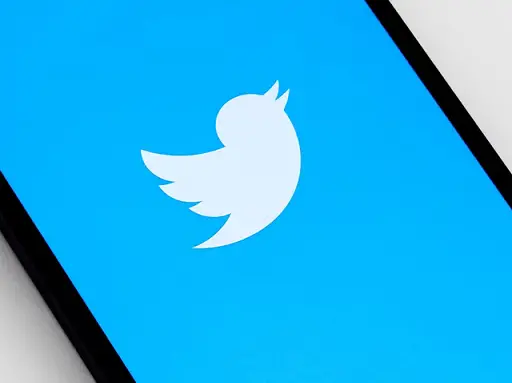Analysts are noting there may be a unique legal obstacle for Twitter as it seeks to compel Elon Musk to complete his purchase of the social media giant.
Twitter is presently suing the electric car maker in a Delaware Court of Chancery, for “Specific Performance,” a remedy which would force Musk to complete the sale. However the problem which legal analysts are pointing to is that Twitter is not suing Elon Musk the company, but rather Elon Musk the individual citizen, and this raises issues in regards to the country’s 19th-century prohibition of slavery.
Analysts further point out that while there is precedence for specific performance in the Delaware Court system, the Musk-Twitter deal has a unique aspect. To date the one case where specific performance was issued as a remedy, was in a case where a corporation was ordered to purchase another corporation.
So far the Court of Chancery has never ordered an individual citizen to complete such a deal. Although from a legal perspective, corporations are considered persons, with many of the same rights and legal protections, there are some rights which are unique to natural persons. The 13th Amendment prohibition of slavery, is considered one of those rights, and it is considered one of the reasons the enforcement of specific performance is so rare.
Analysts point out that courts have ordered specific performance when no other remedy, such a monetary damages will salsify all parties’ interests fairly. It has be used in real estate transactions, as under the law, all land is treated as special. It has also been ordered for unique items, like antiques or artwork, where it is difficult to appraise a specific worth of an item. However one area where courts have traditionally drawn the line was in cases of personal services contracts, partly because under the 13th Amendment, the state is not allowed to compel people to servitude.
Another reason courts are hesitant to compel service is that it difficult to compel adequate performance of the service. So Musk could be ordered to purchase Twitter, but it would be impossible to compel him to run it perfectly to satisfy the interest of stakeholders. Under such circumstances, it is just easier practically to compel Musk to provide a monetary award, so that Twitter might purchase a substitute service more likely to satisfy its needs.
Analysts also point to the 2001 purchase of meatpacker IBP by Tyson Foods. Tyson tried to back out of the deal claiming IBP had withheld material data from the SEC, much as Musk has claimed Twitter withheld data regarding bots. However Tyson was found by the court to merely have had buyer’s remorse.
Still the Court’s Vice Chancellor Leo Strine found that while Tyson breached the contract, and specific performance was the best remedy, he stopped short of compelling it, asking if the management teams could work together, and whether a forced merger was best for shareholders. He wrote, “The impact of a forced merger on constituencies beyond the stockholders and top managers of IBP and Tyson weighs heavily on my mind.”
That the judge was given such pause in a case which lacked the personal aspect of ordering a single citizen to complete the purchase, despite his full constitutional protections, and without any way to compel him to operate the company to the specific standards he might be held to were he a corporation speaks to the issues which will be operative in Twitter’s case.
Analysts also point to additional questions. Is Musk’s purchase of the company so unique a monetary award could not offer a similar benefit to Twitter? Does the fact Musk made his offer out of the blue have any bearing? In the Tyson Foods case, Tyson did due diligence, made a high bid in an auction process which denied IBP a sale to another company, and then in backing out after a downturn in the market, Tyson prevented IBP from engaging any other purchaser in the prior auction. If Musk and Twitter walked away, has irreparable damage been done to Twitter, which had not been considering any sell-off prior to Musk’s offer? Or would the two parties merely continue on as before, as both might have intended absent Musk’s offer?
Based on all of this, legal analysts are postulating it may be more likely than not Twitter will fail in its suit.

